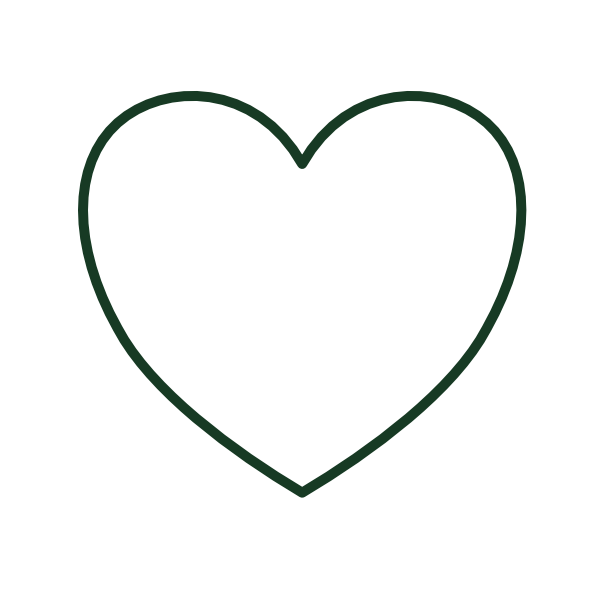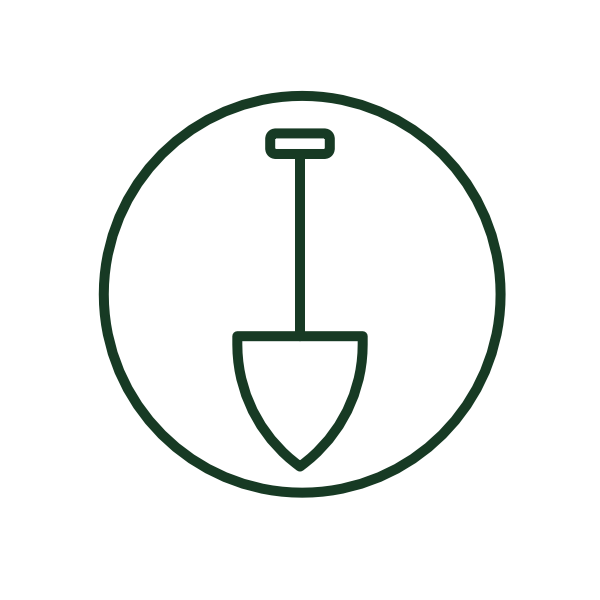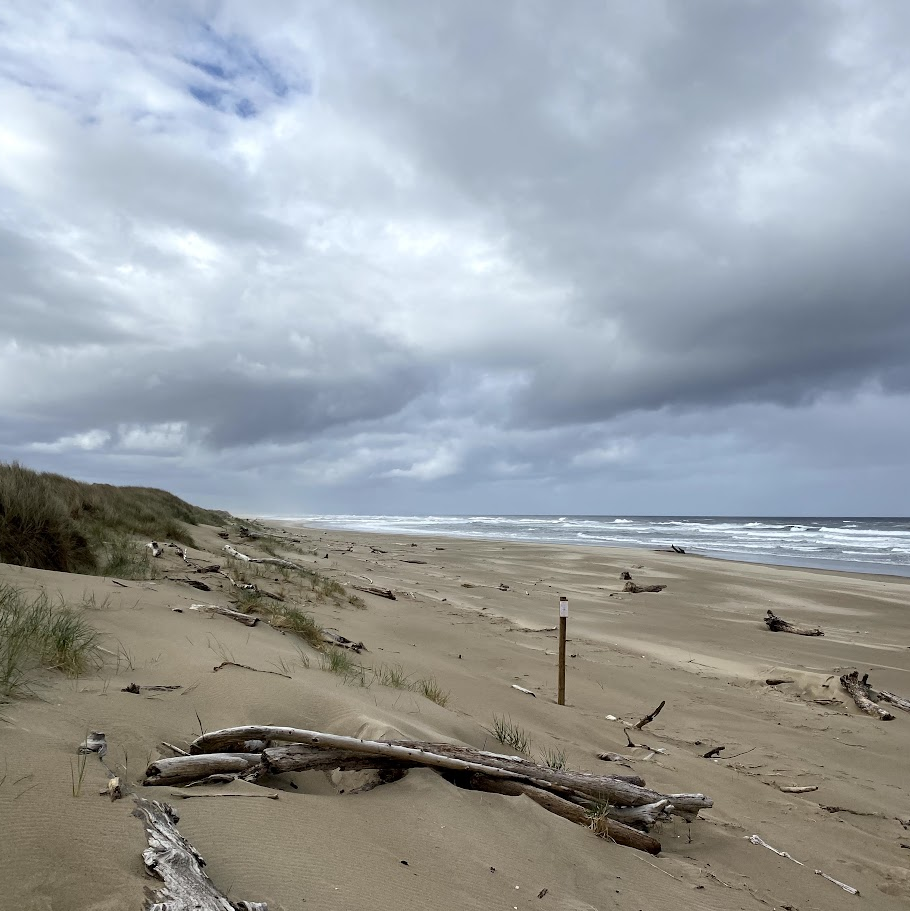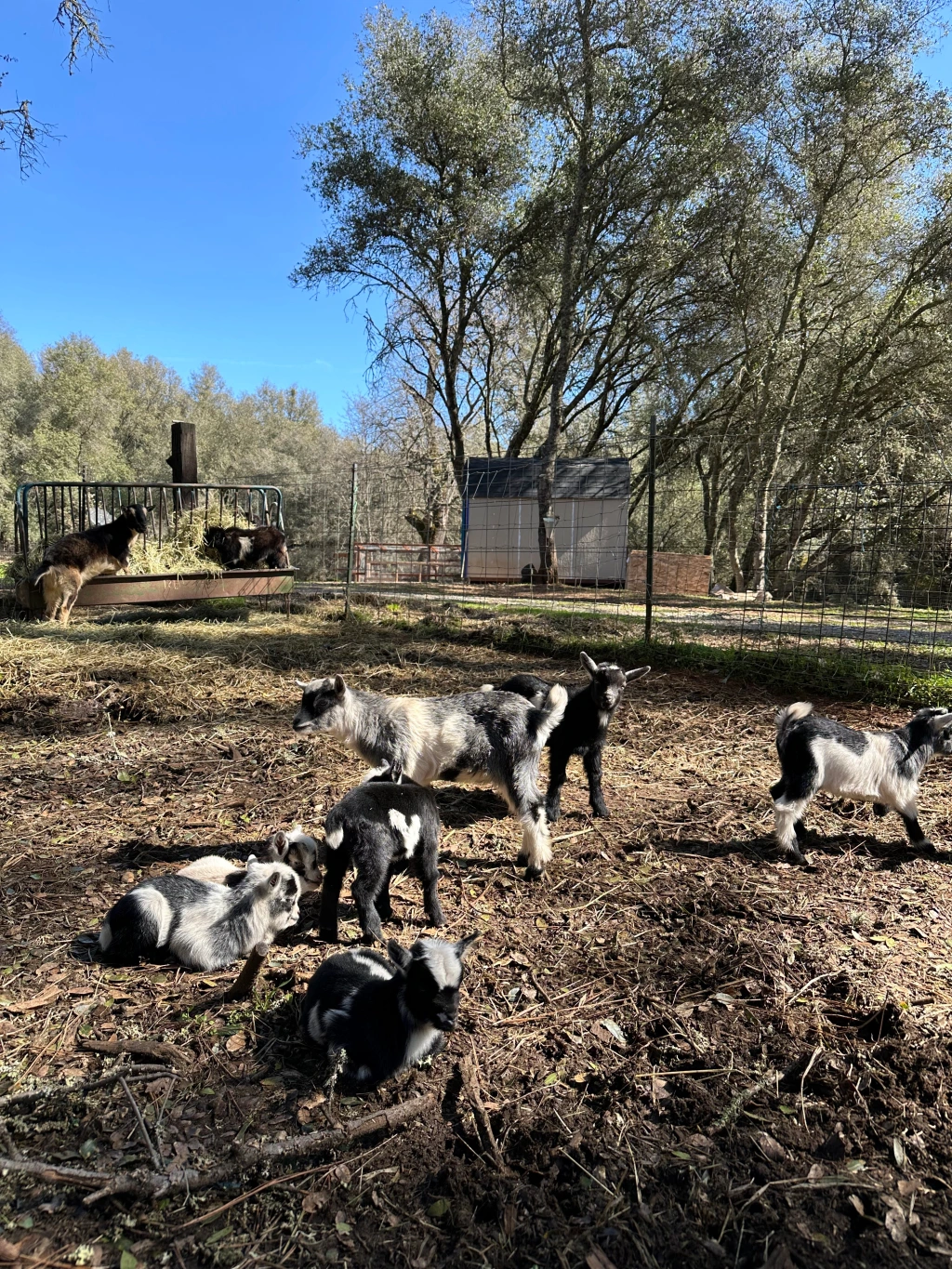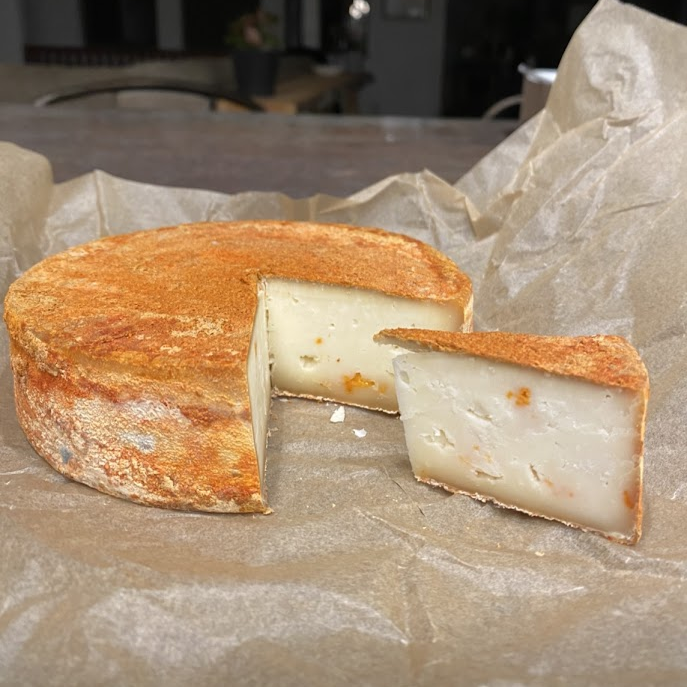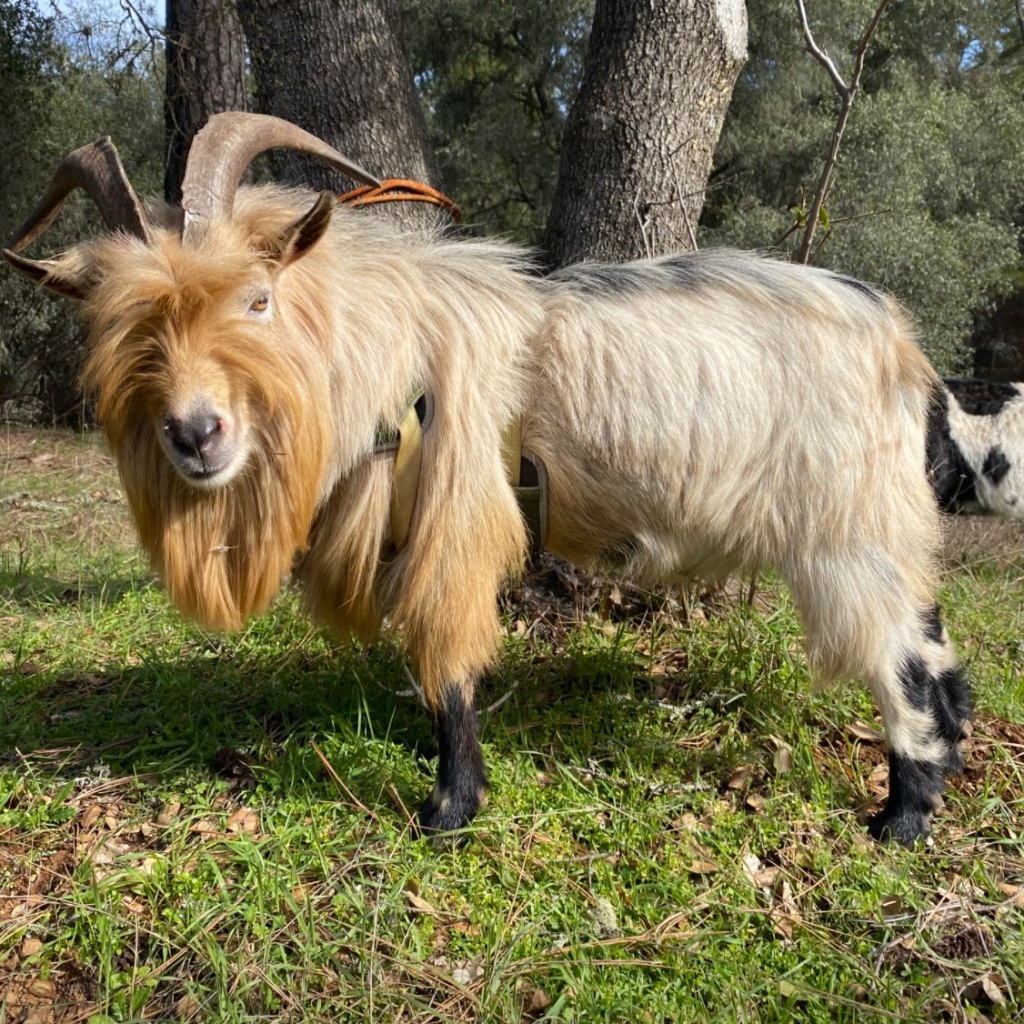I have a backlog of things I’ve written over the past few years and never posted on my blog. This morning, I was looking for an entirely different piece I had started a week or two ago, about butchering chickens, and found this one in my archive. It seems fitting today, as we are going to see Dune 2 this evening, and the post below reflects a roadtrip that included a stop in the Oregon Dunes National Recreation Area, which was part of the inspiration for Frank Herbert’s Dune novels. While the lessons learned below reflect a different time in some ways, Spring of 2021 mid-pandemic, much of what I gleaned from driving across the Western Coast three times still feels relevant, in particular the part of US institutions failing our citizens. I updated the language to reflect the past tense of this experience, otherwise the thoughts are accurate for how I felt at the time. Any interjections are noted in italics.
For many people, driving the length of the Pacific coast of the US is a once in a lifetime opportunity. A colleague once told me he spent two weeks driving from California to Portland after college, and it was so life-changing that he almost moved from Pennsylvania to Oregon. It’s such a beautiful drive, and having the opportunity to be in such close proximity to some of the tallest trees in the world and most isolated coast is incredible.
I had the chance to drive big chunks of the Pacific coast three times in Spring of 2021, and I am thrilled I got to see those beautiful habitats several times in my life. But, I had a majorly hard time enjoying them.
The first time we drove south from Seattle to the Bay Area, I was too busy stressing over whether or not my boyfriend’s eyeball was going to explode because we were too close to 1500 feet in elevation, and the fact that we had left home in a hurry and my quail may have died and my dogs probably destroyed my house while my mom was watching them.
The second time we did the drive, north from the Bay Area to Seattle, I was also stressed because I had too much to do for work and my knee hurt and we didn’t have time to stop at sweet spots to actually enjoy the beautiful environs we were surrounded by and traffic and mudslides and rain were turning a 17 hour drive into a 21 hour one.

By the third time we did the drive, turning around almost immediately after getting to Seattle to drive south again back home to the Bay Area, I was so tired of being in the car that I didn’t even care where we were.
So, having to do the drive three times in a month and a half time frame (twice south, and once north), was both a blessing and a source of massive frustration (my face to the left, starting that third drive, should say it all).
A little background for context on why we had to do this drive: Willis needed an eye surgery for a detached retina that he could only get in Washington state thanks to the ridicuslousness of the US healthcare industry. When he left the big corporate job in 2020 in Seattle to move to California, he of course lost his insurance, and we falsely assumed that his marketplace coverage that he acquired in Washington was applicable in California. Of course, it didn’t really matter until he experienced a surprise trauma, i.e., his retina detached for no fault of his own, and the only way to avoid permanent blindness was an emergency eye surgery as soon as possible. We flew up to WA once we figured out it would be cost prohibitive to do the surgery in CA, but we had no idea how long we would be gone for, what the recovery would be, where we would stay during the recovery, etc. etc.
To fix his eye, the doctor (the most amazing Dr. Chee) inserted a plastic band around his eye and a gas bubble during an 8 hour surgery, both of which would provide new structure for holding his eye in place. Willis then had to spend a week on his stomach, with only brief breaks in which his head was allowed to not be parallel to the floor. Due to the gas bubble, he also could not travel above 2000 feet until it completely dissolved–two months after the initial surgery it was still present–nor could he drive, lift anything over five pounds, do major exercise, etc.; basically his life went from extremely active to not in a matter of minutes.



After a week of recovery in Seattle after the surgery, Dr. Chee gave us the OK to go home, knowing that we’d have to back later for follow-up appointments. However, the limitations on elevation meant we couldn’t fly, and we had to avoid the standard I-5 route through the mountains. The only option to get home and keep Willis below 1500 feet was to drive from Seattle to Livermore via the coastal roads. And, to get to and from Seattle for the follow-up appointment a month later, we had to drive the same routes…
The total time one way driving along the coast should have been approximately 17 hours, which at a minimum is only 51 hours of driving time for these three journeys. But, every major metro on the west coast is perpetually bound by traffic, so of course it took longer, and as I mentioned, mudslides and other infrastructure issues also increased the drive time in ways that felt exponential at the time.
When you’re stuck in the car for 17 hours+ at a time with a person you love, but you’ve already spent every waking hour with for the last year thanks to COVID, you run out of things to talk about (and I’m not here for the “but you should never run out of things to talk about with the person you love!” Not true, we covered so many topics during that first year of the pandemic, and 17 hours is a very, very long time). We had a lot of choices in podcast content, though, and we listened to sooooooooooooooooooo many podcasts that I can actually summarize the lessons learned of our most recent round-trip journey to Seattle as it relates to the podcasts we listened to.
Lesson: People will do anything for caffeine, myself included.
Podcast: Every Little Thing (ELT), “Skewed Smells: A Weird COVID Mystery.”
We’re big fans of ELT around here, as the quick and hilarious lessons provide plenty of opportunities to laugh (I think about this episode about wind constantly). But on this journey, we caught up with the ongoing challenges some people experience after a bout with COVID-19, specifically, the loss of taste. The expert in the show made a hilarious comment about how even after losing their sense of taste, many people will still drink coffee, even if it tastes terrible, just to get caffeine.
Well, here we were, having barely left the ranch with four nights of camping planned over the next few days, AND NO WAY TO MAKE COFFEE! We are pretty avid campers, but in the prep for this trip (getting animals organized, figuring out how to avoid mountain passes and getting to the doctor’s on time, etc.), we actually neglected to bring most of our cooking equipment. I even bought two new pour over contraptions specifically designed for backpacking recently, and still forgot to bring them.
We stopped at an REI to get a different camp coffee maker, and after hours of trying every which way to make that thing work–putting coffee in any orifice that would take it and even pouring camp coffee through it–we decided cowboy coffee is the best camp coffee. Just don’t bother with anything else unless you have a French press (which I also have at least two of, eye roll).
Lesson: Even people who love each other will fight.
Podcast: Jordan Peterson Podcast “12 Rules Seattle: Facts, Stories, and Values” (S2 E1).
This is a fairly obvious statement, but I think it needs to be reiterated. When we first started going through the Great Retina Debacle of 2021 as I like to call it (GRD2021), one of the doctors we spoke to in trying to get the surgery approved in CA mentioned that the primary caregiver (i.e., me) needs to be a saint to manage so much of the heavy lifting, literally, of getting the person through the recovery. Willis was effectively blind in his right eye for over a month, and his recovery on his stomach was so hard on him he developed a rash on his belly. It is not an easy process, and I am not, at all, a saint, nor is caretaking something that comes naturally to me (you know those ladies who were just born to be a mom? I am NOT one of those).
So the trauma of dealing with something as severe as the risk of permanent blindness was hard enough on Willis. Couple that with all of the shit of the last year that we’ve dealt with as a couple–which is an entirely separate blog post, and I think all couples have felt COVID-19 at a very deep level–and the fact that the GRD2021 also happened right when Willis was about to start a new job that he was extremely excited about…. needless to say, tensions were HIGH at the time, and there were definitely times we each would have left the other on the side of the road somewhere in rural Oregon or California.
So something about Peterson’s comment in this podcast about partnerships resonated with me, that is, we stop dating when we find someone we’re generally compatible and willing to commit to, as it’s impossible to meet and date every single, age appropriate person on the planet. This sounds like a very unromantic comment, but I’m a scientist and at times I have a hard time connecting with the part of my heart that should enable me to care about other individual people (again, there are reasons I am not a natural caretaker/mother). As harsh as that lesson sounds, the logical parts of me deeply related to Peterson’s comment, and, weirdly, it provided motivation to keep driving XX number of hours in order to get Willis to Seattle for his eye check-up.
Quick Note on Peterson: I actually really do not like that guy. I find most of his comments extremely misogynistic, and he clearly has really whackadoodle ideas about proper nutrition. But at the time, when the world was falling apart in so many different ways, I don’t think we were as discerning about what we were listening to.

Bonus podcast: Pop Culture Happy Hour, “Our Favorite Muppets”
We had a long dialogue about the best muppets after listening to this. We both heavily favor Gonzo, but our similar appearances to Beaker and Dr. Bunsen Honeydew also provided some good laughs (Willis and I, respectively, as indicated in this beach side shot in Northern California). And, when we are fighting, a solid “Hiiiiiiiiiiiiii-ya!” in the style of Miss Piggy will pretty much solve anything.
Lesson: “What is legal, and what is safe are two very different things.” – Dr. Chee
Podcast: Car Talk,
Dr. Chee made that comment as part of her recommendation that Willis still not drive until his vision fully recovers. At a macro level, however, the irony of GRD2021 is that our insurance industry in the US operates under a completely legal framework, yet it is entirely unsafe to human livelihoods. Willis almost lost his eyesight, and I spent hours on the phone trying to figure out how to get a surgery approved in California. This is not safe for human health, although it is entirely legal.
As we were going through the most stressful parts of all of this, we both stopped so many times to say “how the fuck is this a thing?” Like, we are two, very educated, middle-class individuals, and we had no idea that he wasn’t protected in CA. I can’t imagine how many people are denied the surgeries or doctors visits or other services they need on a regular basis because they also didn’t understand their coverage (because, it’s inherently impossible to), and then also didn’t have the means to travel out of state or where ever needed to get necessary medical care.
Which brings me to our next podcast…
Lesson: Our institutions are broken in this country
Podcast: Criminal, episodes 1-100.
The bulk of the hours on our last road trip were filled by many, many episodes of Criminal. This show is sufficiently interesting and offers a varied list of subjects, so we managed to get through quite a backlog without getting bored.
The host of this show interprets criminals very liberally, including sharks among the list of offenders, for example.
I didn’t actually finish my thought on this podcast, but I am leaving it because the sentiment is real. Three years later, we still have no proper, long-term solution on health care, and if anything the situation has worsened thanks to the extreme rollbacks on women’s health over the past few years. Thanks to the 100 episodes of this show we listened to, I remember feeling distinctly frustrated by the criminal justice system in the US, and how it is entirely un-rehabilitative, and instead, seems to effectively make lives worse for many already disenfranchised people.
In my notes on this section though, I had the following:
- Criminal sufficiently interesting yet not boring
- Shark attack victim still positive
- People overcome mistakes
- Live day by day
- Live a great Story
- Oregon Dunes best
- Enjoy what we can
At one point on the side of Highway 1 in northern California, we were stopped for over an hour by a mudslide, with a tall cliff on one side of us, and a major drop to the ocean on the other. As every car around us was also stopped, the argument Willis and I had while stopped, about getting to Seattle on time or who knows what, was apparently very audible to a few surrounding cars. When Willis got out to walk off his frustration, a woman came and gave me a sticker that said “Live a Great Story.” I really do not remember what the argument was about, but I remember being in tears, and the woman told me that “it” gets better. I also don’t remember all of what she told me, but the sentiment relates to my thoughts on Criminal: that people overcome mistakes and we have to live day by day, while enjoying what we can in life.

That Spring was an incredibly challenging one for Willis and I, and thinking back on it, I’m actually surprised we made it through that experience together. To be fair, relationships are full of challenges and it’s not to say we don’t still have them, but Willis almost went blind at the time, we had to deal with an extremely challenging healthcare system to get him the surgery he needed, and we had to travel hugely long distances to do what we could to save his vision. That was not a fun time.



In spite of all of that, I do think fondly back on aspects of that trip. The Oregon Dunes were the best, as I noted above. That coastline is so incredible in innumerable ways, and it’s almost shocking to come across those mountains of sand in that location. Frank Herbert supposedly wrote Dune to capture ideas on desert ecologies, feudalism, human use of technology, hallucinogens, and a variety of other in vogue topics in the 1960s, but the themes still feel relevant now, which I imagine is why a popular film adaptation is releasing it’s second part today. Willis is obsessed with the new Dune films, why I actually don’t know, but the story essentially reflects the human desire to survive in harsh ecological and political systems. That feeling resonates deeply with him trying to, in a hyperbolic way, survive in 2021 (or at the very least, helping his vision survive), while dealing with a healthcare system that has been completely corrupted by people in power. Likewise, those beautiful Oregon Dunes, like most of our environments, are so heavily controlled by humans now, and as an ecosystem, the dunes are also struggling to survive against human intervention (i.e., white people).
All this to say, whatever I meant by the comment “Enjoy what we can” still feels real today. I don’t know how much longer many of our natural environments have left in their current iterations, and of course, we can find ways to love whatever comes next for many of those places. But while we try to thrive and survive in the harsh environment of our broken institutions, all we can do is live a great story.
